If you are a Malaysian of a certain age, the mere mention of “First Love” would immediately evoke a wave of nostalgia. Maybe because the song was constantly played on local radio. Maybe because it was likely your first encounter with J-pop. And almost surely because you had a massive crush on Hikaru Utada. God knows everyone did. (She’s so dreamy!)
The song had a timeless quality to it. It was simple and clean, made up of nothing more than a spartan string section and piano melody, that put the focus on Hikaru’s gorgeous voice and worldly lyrics. It was warm and familiar. It earnestly captured the anxiety, confusion, and complexity of that singular human condition. Watching First Love on Netflix brought up all of these same feelings.
“You Are Always Gonna Be My Love”

The nine episode series, based on Hikaru Utada’s seminal songs “First Love” and “Hatsukoi,” can best be described as a mood. Told over multiple time periods, the show takes on the notion of first love as described by those songs, and applies it across a number of different stories, allowing us to bear witness to every moment, from those giddy initial stirrings, to the pain of separation, and the joy of reconciliation. The primary focus of the series is between Noguchi (Hikaru Mistushima) and Namiki (Takeru Satoh), and how they come together and drift apart over the course of their lives, due to both the consequences of their own actions as well as circumstances beyond their control.
Yes, these are all well worn beats, but what makes the series stand out is its intricate story structure. Jumping back and forth in time, shifting between actors, with very little exposition, the series is constructed in such a way to keep us guessing throughout. There is a mystery here. There are twists. And all of it is delivered with a soapy sensibility that is irresistible.
Now you might be a little confused going into this. Because there is so little handholding when the series starts, it takes some focus in order to figure out who all the players are and what their individual motivations might be. First Love may feel a little convoluted at first, but there is an immense sense of satisfaction when all of it starts coming together.
“You Will Always Be Inside My Heart”
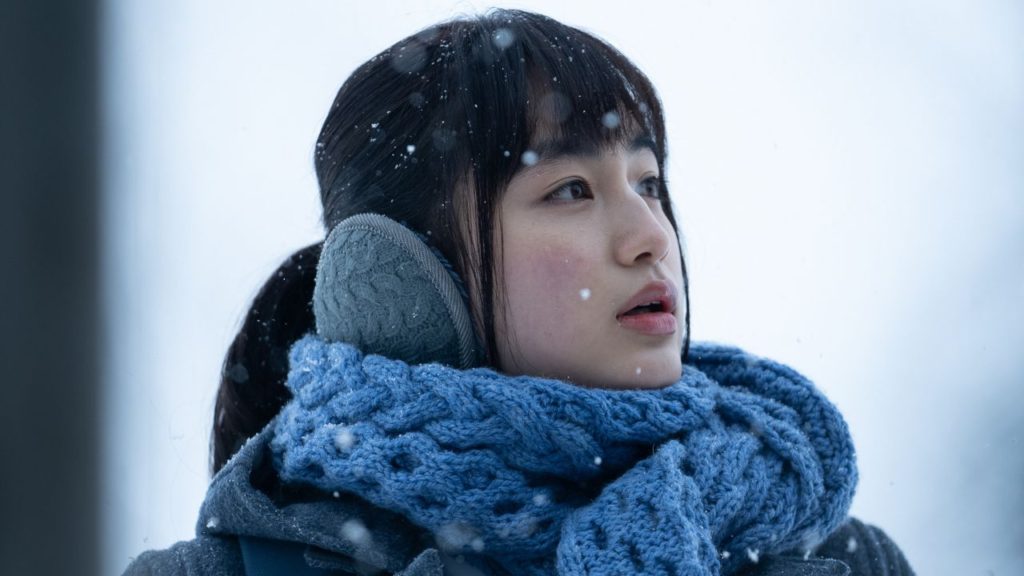
There is always some amount of apprehension when going into a series that claims to be inspired by two particular pieces of music. The question then becomes about whether or not there is enough content to be derived and then adapted into multiple hours of television. First Love works because it chooses to adapt the spirit of these songs. This series captures that feeling of aching nostalgia that Hikaru sings about, distills it, and uses it to create multiple compelling scenarios for us to get invested in.
All of this is channeled through some beautiful performances, fanciful visuals, and more than a few emotionally manipulative beats. Both Hikaru Mistushima and Takeru Satoh are immensely watchable leads. There is a soothing quality to what they do that will pull you in and make you a part of these characters’ lives.
That said, the biggest issue with First Love (as it is with many a Netflix shows) is that it’s about three episodes too long. There just isn’t enough story here for nine hours worth of television. Now if you’re a fan of the genre, then you might be willing to put in the time, but there just isn’t enough here to hold everyone’s attention.
Which is why this recommendation comes with the following caveats. This is in no way a fast paced binge. This isn’t something you can watch while fiddling with your phone. This is a series that requires your commitment. So, if you’re in the mood for a story in which love, responsibility, and destiny take center stage, if you (like me) are the kind of sap who enjoys a good cry, then First Love is definitely worth the slog.


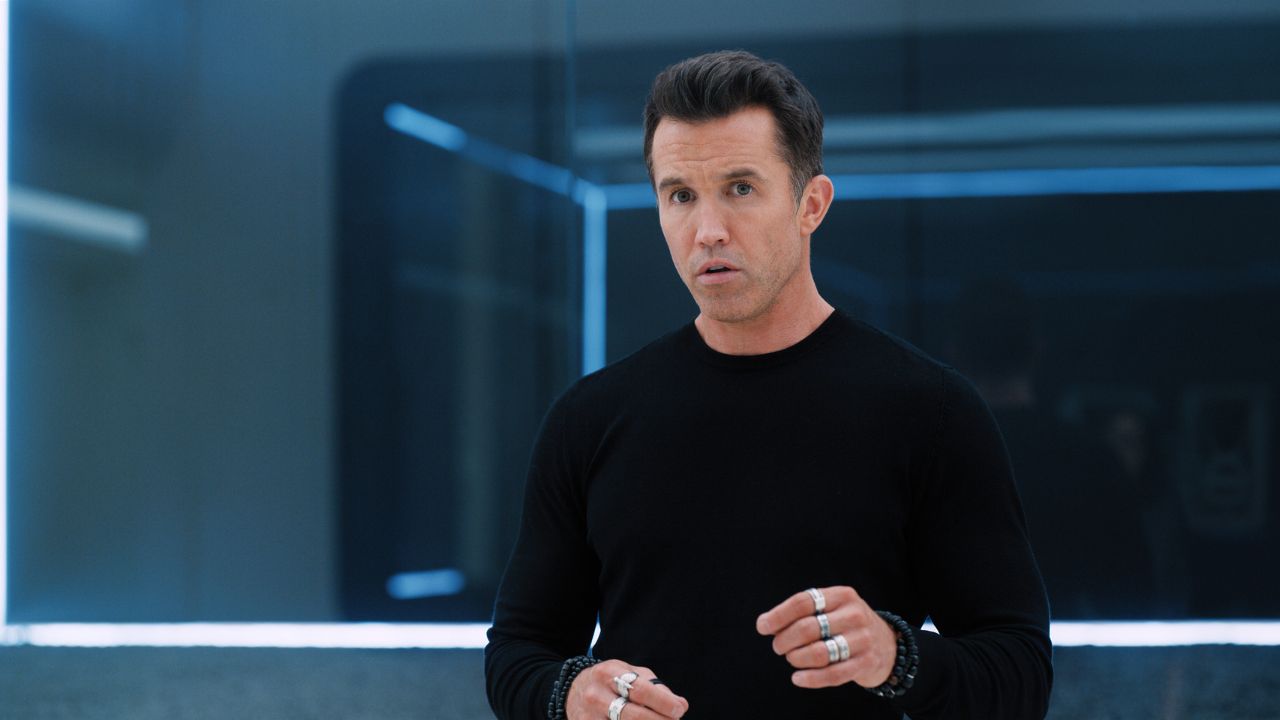

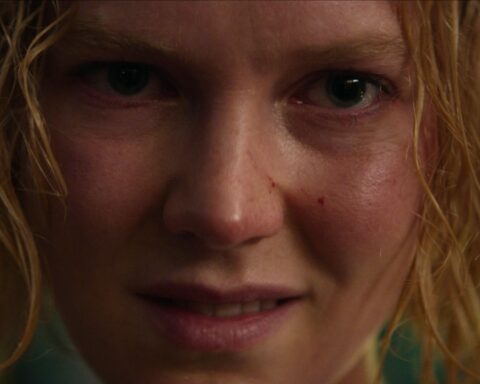

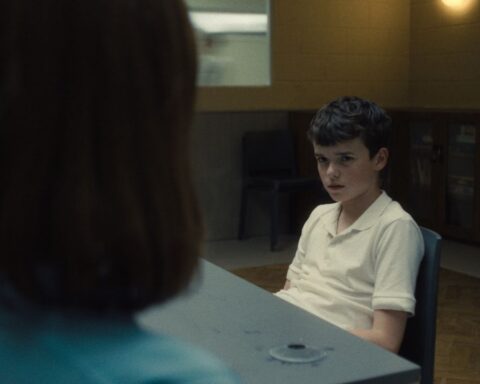
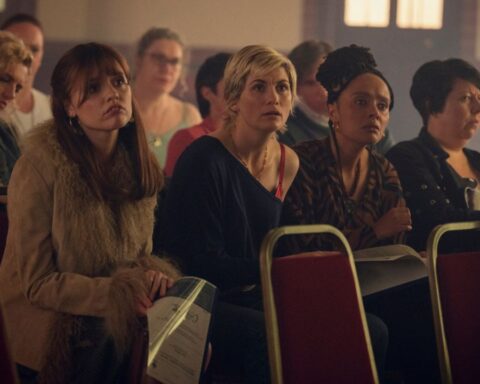
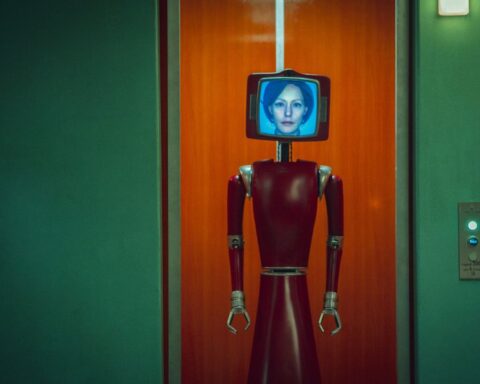
Follow Us